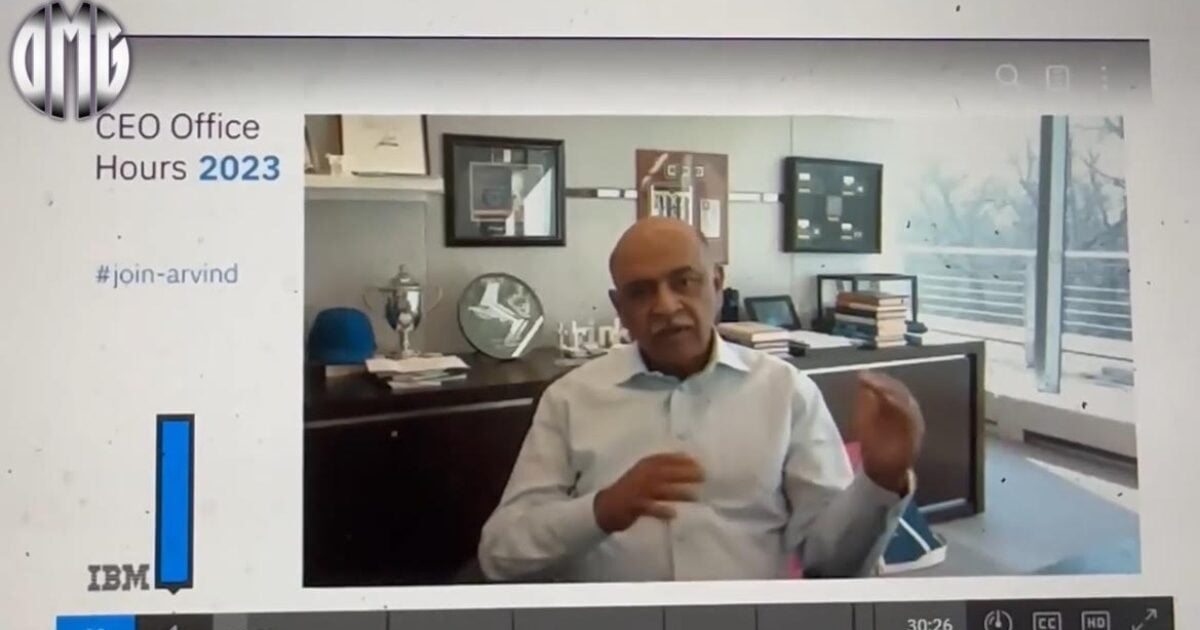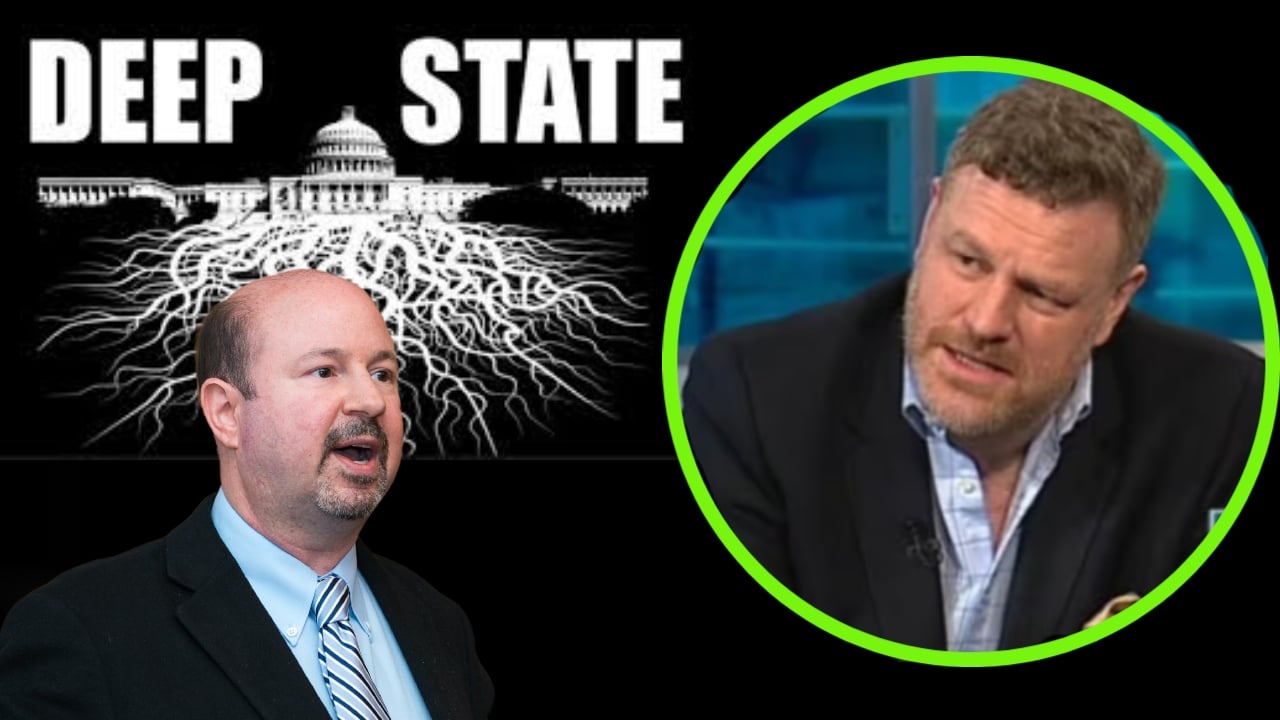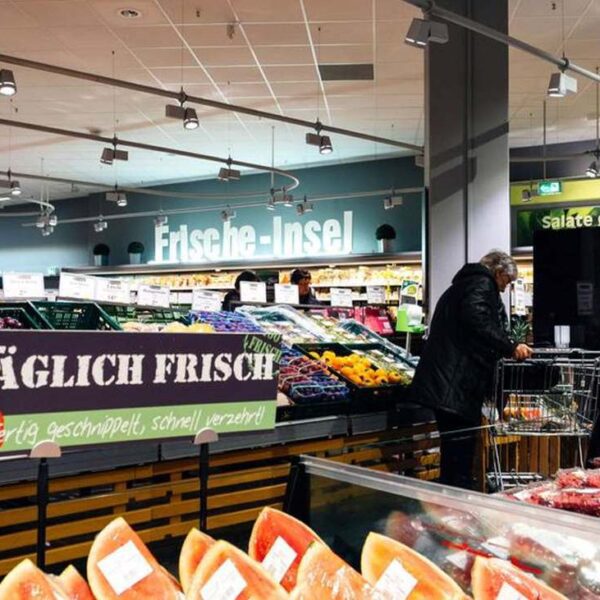The reallocation of $1.8 billion in foreign aid by the Trump administration, including $400 million for Latin America, represents a key opportunity to advance U.S. national security through a strategic and disciplined approach.
Resources must be directed toward dismantling criminal networks, countering authoritarian influence, and protecting American interests, prioritizing concrete actions to maximize impact.
The strategic priorities to follow are:
• Target the cartel-state nexus (Venezuela, Cuba, Nicaragua).
• Counter Chinese influence through alternative financing and infrastructure resilience.
• Block narco-terrorist logistics (maritime and aviation interdiction).
• Confront authoritarian disinformation campaigns.
• Strengthen institutions and build partner capacity in governance, prosecution, and compliance.
Target the Cartel-State Nexus
Venezuela’s Cartel de los Soles, designated a Specially Designated Global Terrorist (SDGT) organization in July 2025, demonstrates how state power fuses with organized crime.
Nicaragua’s Ortega-Murillo regime and Cuba’s intelligence services also benefit from drug trafficking, illicit mining, and human smuggling. Aid should be used for sanctions-ready investigations, financial tracing, and prosecutions.
Counter China’s Influence in Hispanic America
China has expanded its presence through loans, port access, and telecom infrastructure. The 2025 SOUTHCOM Posture Statement warns that Beijing’s projects create long-term security risks.
U.S. aid should:
- Provide transparent alternatives to PRC infrastructure and port financing.
- Help governments audit and renegotiate predatory loan terms.
- Secure digital networks against PRC-controlled telecom providers.
Block Narco-Terrorist Logistics
Cocaine, fentanyl precursors, and weapons move through regime-protected maritime and aviation corridors. The DOJ indictment of Nicolás Maduro and senior officials highlights the depth of state-criminal convergence.
Redirected aid should:
- Expand maritime and aviation interdiction intelligence
- Deploy radar, drones, and sensors across Caribbean chokepoints.
- Support quick-turn forecast cells for interdiction partners.
Confront Authoritarian Disinformation
Cuba, Venezuela, and Nicaragua amplify hostile propaganda with support from Russia, China, and Iran. Aid must fund:
- A Spanish-language disinformation monitoring hub.
- Programs to strengthen independent media resilience.
- Integration of disinformation tracking with sanctions and cyber defense.
Strengthen Institutions & Build Partner Capacity
Authoritarian regimes thrive on corruption. Aid must strengthen institutional resilience while empowering allies. GAO has documented weaknesses in counternarcotics oversight.
- Train customs, port, and procurement officials to detect corruption.
- Support auditors and prosecutors handling complex financial crimes.
- Deliver OSINT and compliance training for prosecutors, coast guards, and banks.
- Build maritime and aviation interdiction capacity across partner nations.
This debate is not about how much the U.S. spends, but how aid is used. Redirected resources must:
- Disrupt cartel-state economies.
- Counter Chinese and authoritarian influence.
- Stop cocaine and fentanyl flows at their source.
- Strengthen partners against corruption.
Every dollar must weaken adversaries and protect American families — or it is wasted. Redirected aid must not be misused for partisan or ideological projects.
It is a strategic weapon for national defense, and America’s safety depends on it.
The views expressed in this article are those of the author and do not necessarily represent the official position of Gateway Hispanic.
About The Author








![Getting Started With Google Ads [Infographic]](https://whizbuddy.com/wp-content/uploads/2025/08/Z3M6Ly9kaXZlc2l0ZS1zdG9yYWdlL2RpdmVpbWFnZS9nb29nbGVfYWRzX2NoZWF0c2hlZXQyX3JyVFRGR1oucG5n.webp-600x395.webp)






